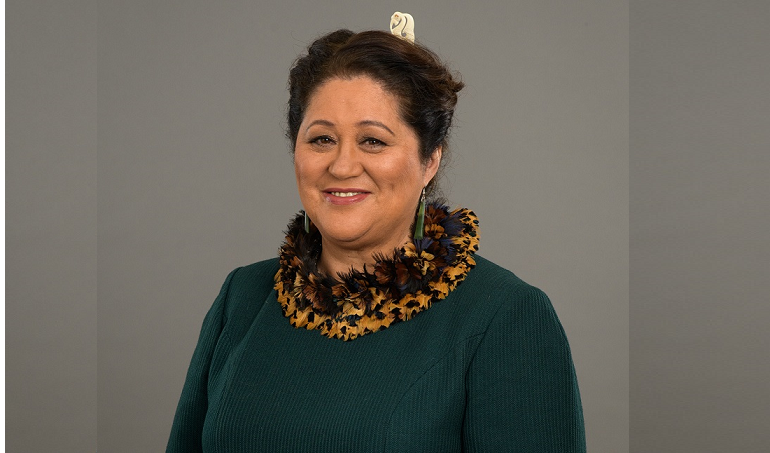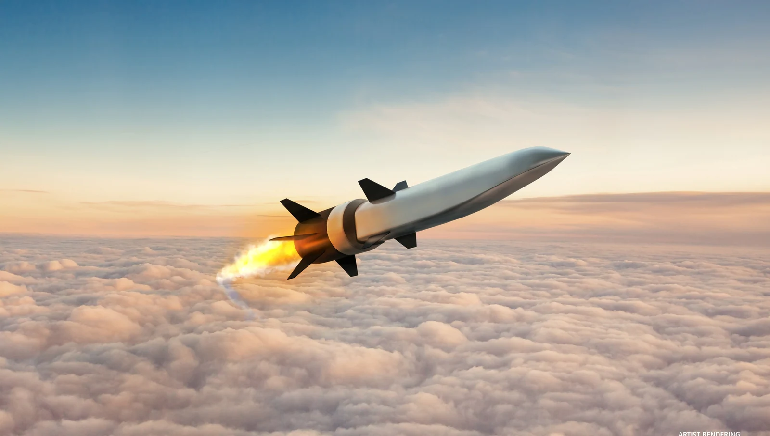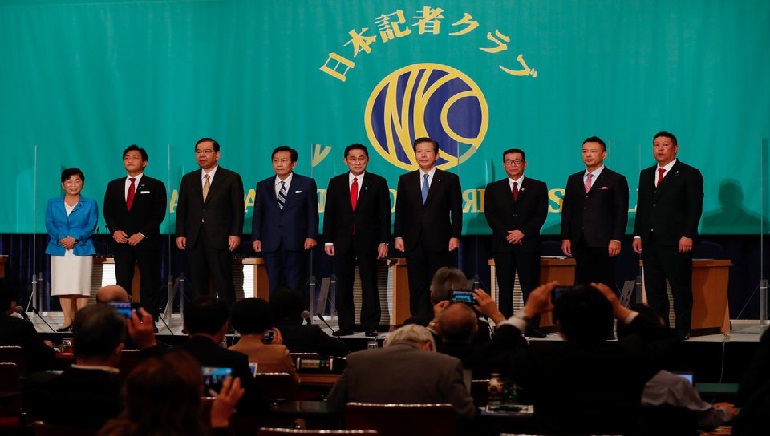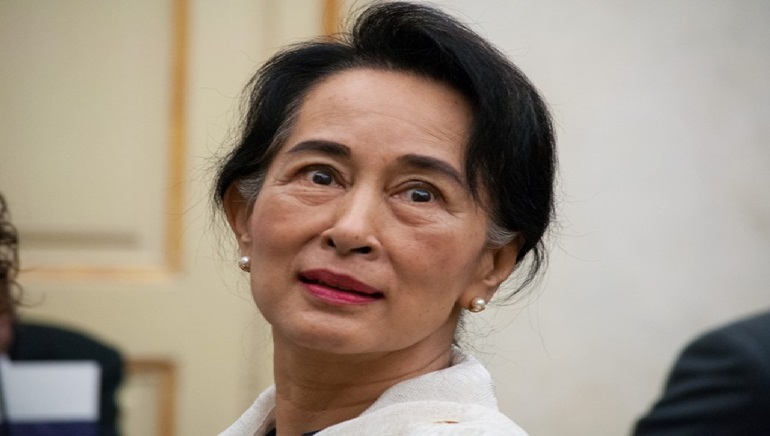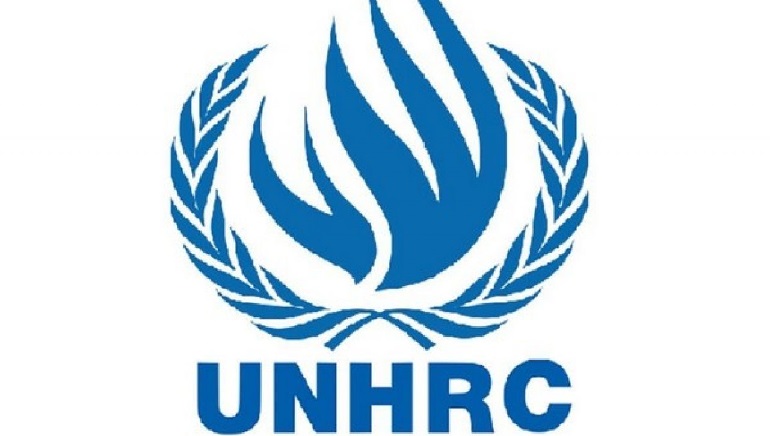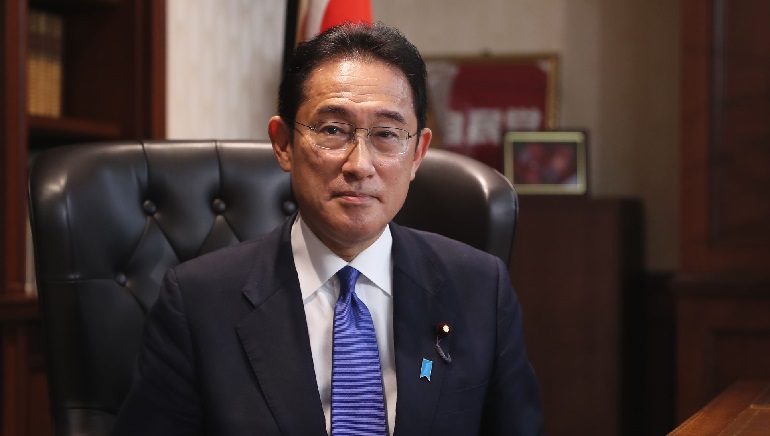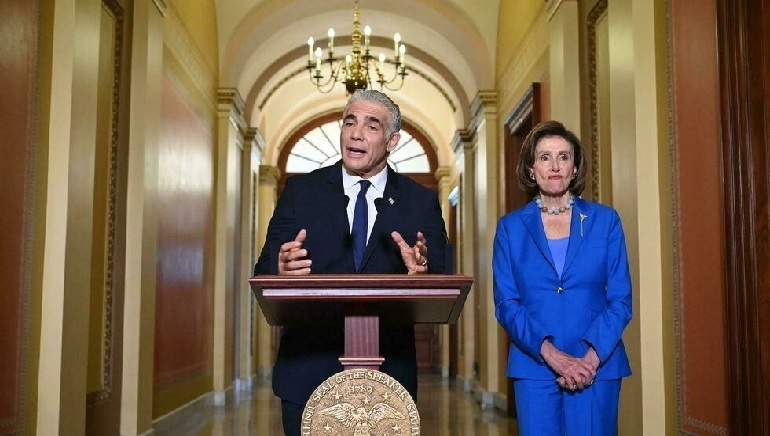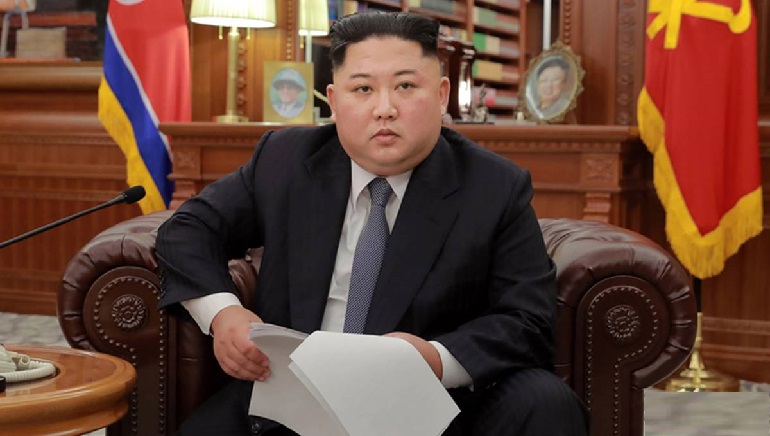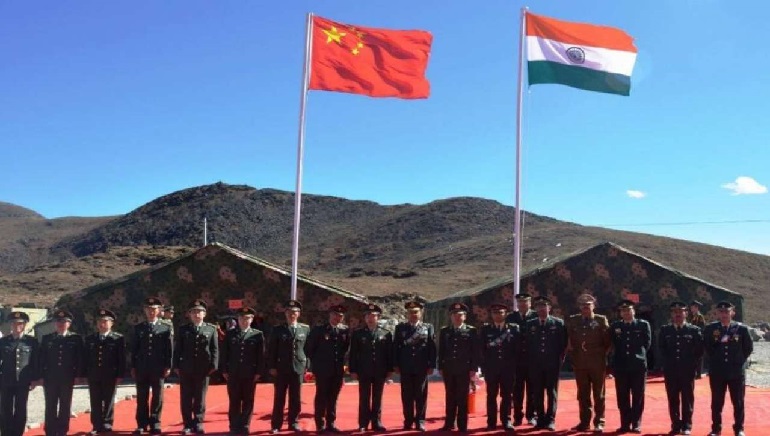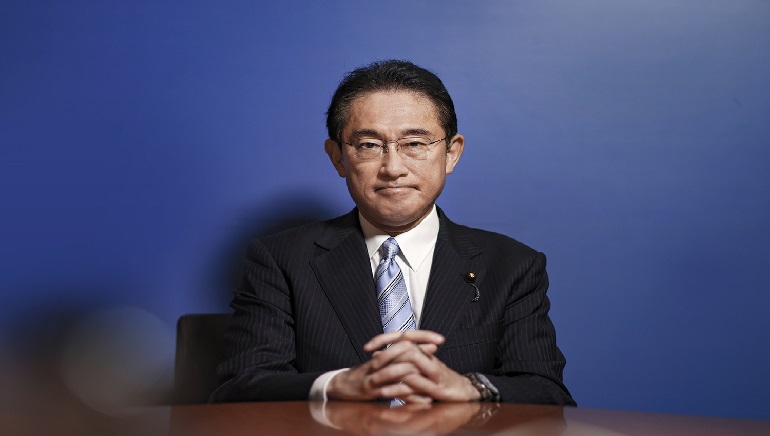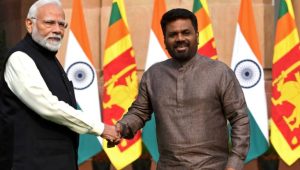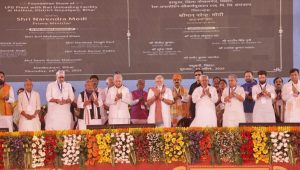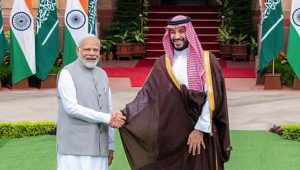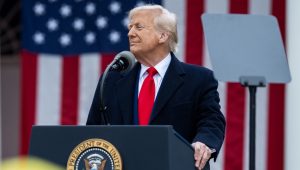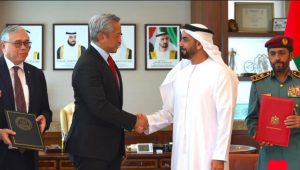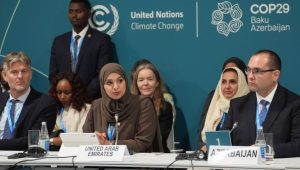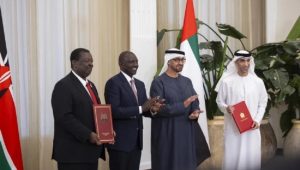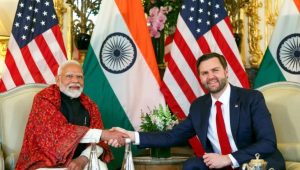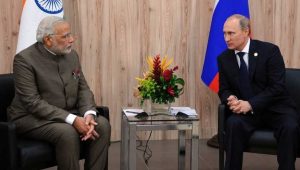On Thursday, New Zealand’s first indigenous Maori woman swears in as the Governor-General. Dame Cindy Kiro is now formally a part of the largely ceremonial role in parliament in Wellington who pledged to reach out to migrants and marginalized citizens.
Dami spoke to a small audience at the swearing-in ceremony and said she was proud of her dual Maori and British heritage. She will remain the country’s official head of state who will carry out constitutional and ceremonial duties in the former British colony on behalf of the British monarch.
She said, “I will connect to new migrants and former refugees, and celebrate the many diverse cultures and religions gifted to our nation by those who have chosen to make New Zealand their home”. She further added, “Communities develop resilience when people feel connected, have a sense of belonging, and have a place to stand”.
The new General-Governor had a career in academics and held leadership roles in various universities in New Zealand. She was the first in her family to have a university qualification and to hold a Ph.D. in Social Policy and an MBA (Exec) in Business Administration from the University of Auckland and Massey University.
Nearly 17% of the population of Maori in New Zealand still face disadvantages socially and economically.





